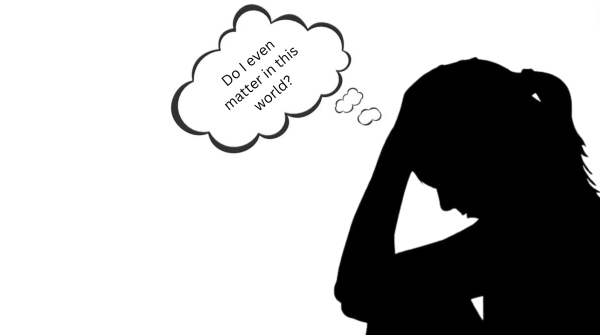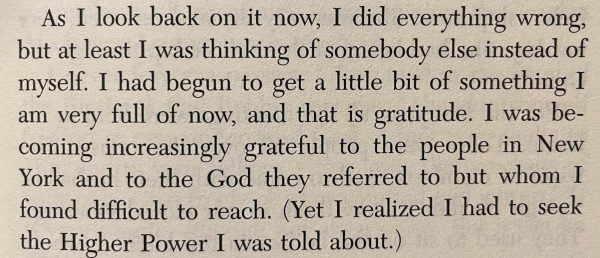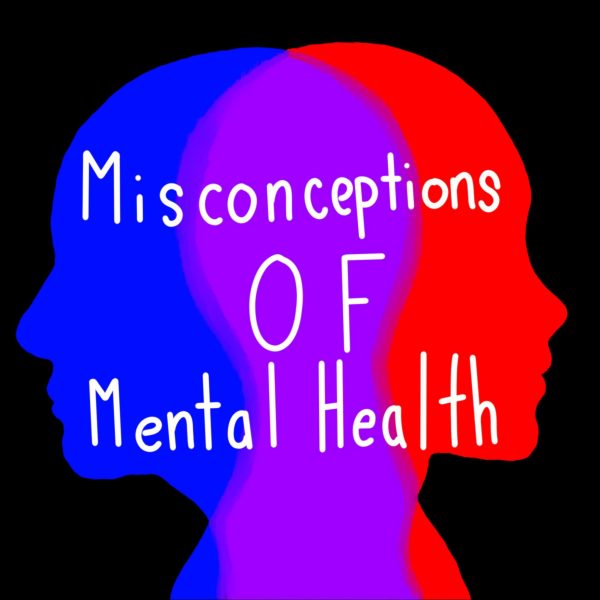New Year, New Us
Freshmen comment on the trends of resolutions
As the new year begins, we question resolutions themselves. But what if the way we’re going about them isn’t beneficial?
January 31, 2020
“New year, new me.” It’s an iconic phrase we have all heard time and time again. Yet, does one revolution of the Earth really change us that much?
Over the years there have been fads for resolutions, but some have remained constant, such as losing weight, eating healthier and being organized. All of these sound like beneficial things and they are, but what if the way we’re going about them isn’t beneficial?
For some of us, resolutions seem like they hurt us more than help, yet those individuals may make them as well. It’s almost as if the promise of resolutions is what draws us to them.
Freshman Morgan Feinstein has made resolutions herself such as, “doing small things that in my mind make me a better person,” and yet, she thinks resolutions are “not a great thing, (resolutions) either (become) a joke or challenge to people, instead of a true thing that helps people become a better person.”
The same goes for freshman Emma Mulherin who also made a resolution “ I want to focus on the happy things in life because I have lost track of what makes me happy.”
Mulherin also agrees with Feinstein. “I don’t like all the ones (resolutions) about losing weight, because you are pretty just the way you are,” she says.
Freshman Grace Spoor also concurs with these statements. Even though she didn’t make any resolutions, she still understands others with a similar opinion.
“I think they’re (resolutions) stupid,” Spoor said. “Most people end up not completing them anyway. So, it’s kind of pointless to try and better yourself each year and end up feeling disappointed that you didn’t.”
All in all, it seems as if the opinion of resolutions is low – but we still make them. Is it for the hope we might accomplish them? Or are we simply just deluded with an “idea” of perfection?


























